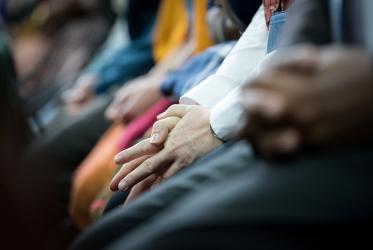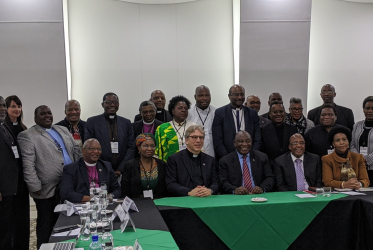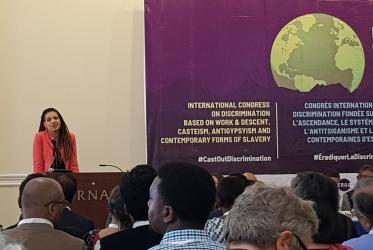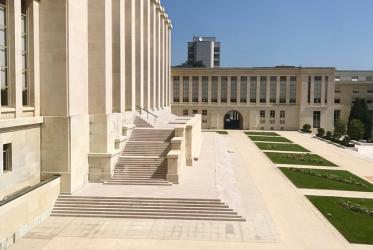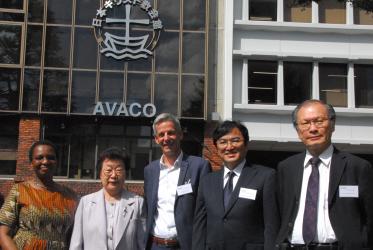Displaying 161 - 180 of 341
Freedom of religion rooted in justice
06 March 2020
CCIA meets in Brisbane with focus on Pacific regional priorities
19 February 2020
Young Africans are eager to grapple with challenges
09 January 2020
Los jóvenes africanos están dispuestos a afrontar los desafíos
09 January 2020
On International Human Rights Day, WCC’s work is ever-present
10 December 2019
WCC delegation meets with South African President Ramaphosa
09 December 2019
La délégation du COE rencontre le président sud-africain Ramaphosa
09 December 2019
Webinar on Middle East racism: “Never lose hope”
28 November 2019
The cry of the Papuans in Indonesia
14 November 2019
Churches in southern Africa stand against violence, xenophobia
10 October 2019
WCC gravely concerned for West Papua
25 September 2019
WCC offers statement on racism before UN Human Rights Council
24 September 2019
In Japan, theologians reflect on today’s global manifestations of racism
18 September 2019



